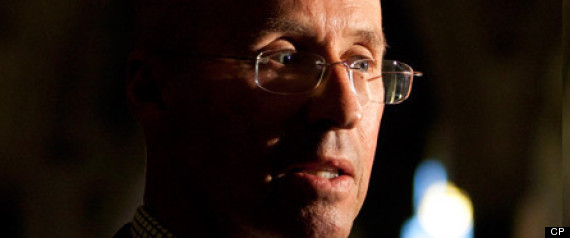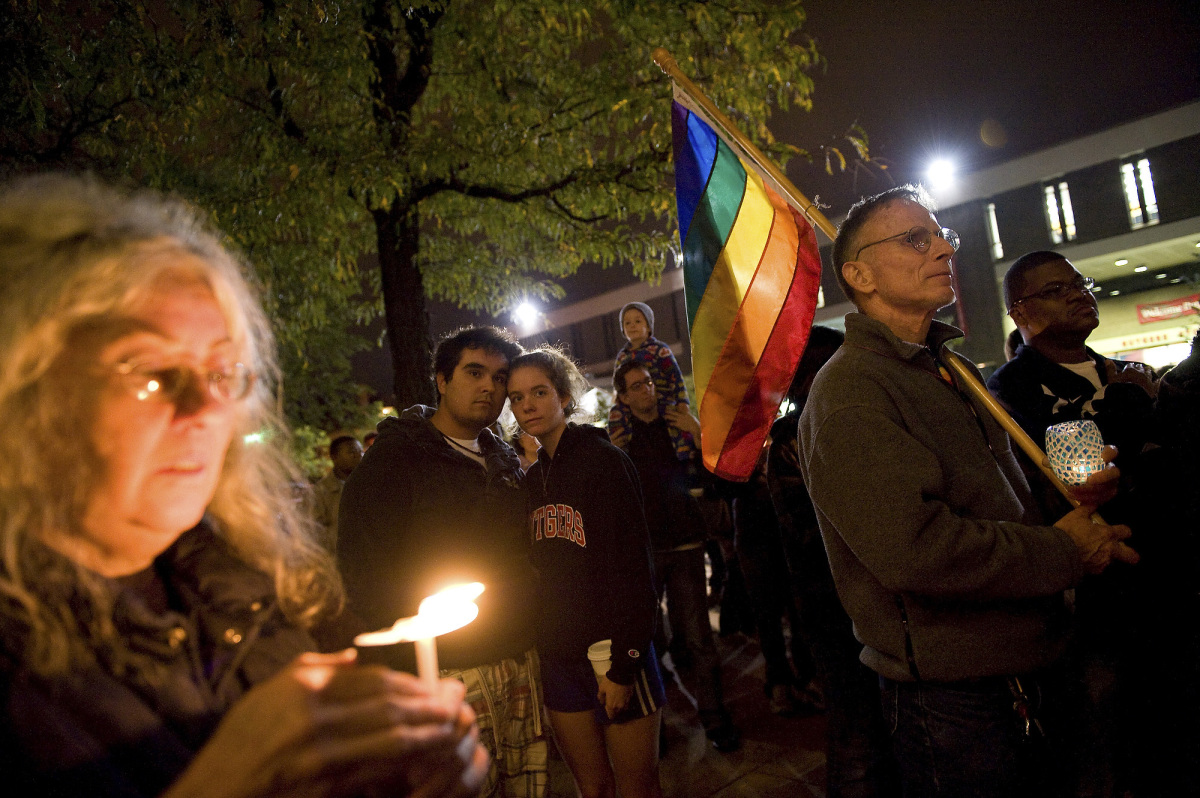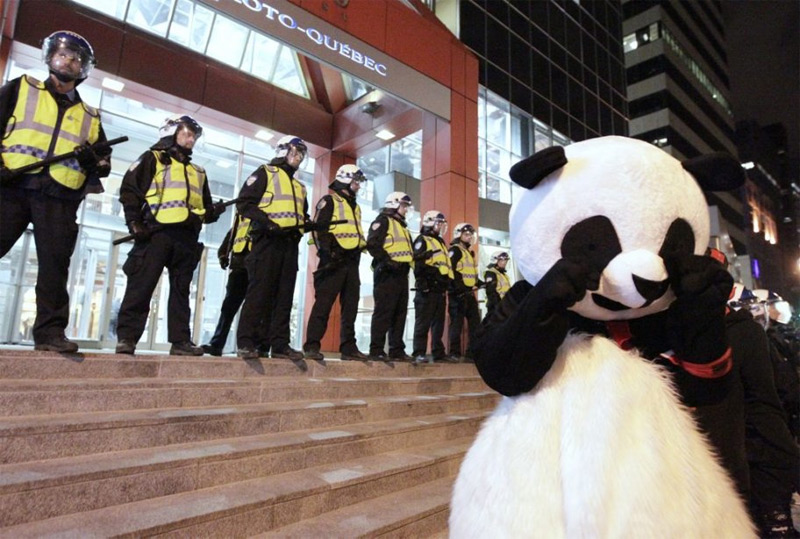Sometime this year, the federal government is expected to introduce legislation that will pave the way for fee-simple (read: private) land ownership on First Nations reserves. According to its champions—former Kamloops chief Manny Jules and on-again, off-again Harper adviser Tom Flanagan—the new law will generate business efficiencies, investment opportunities, and individual prosperity for the 300,000 Native people living on reserves in Canada.
Editorial boards and political affairs observers have commended the First Nations Property Ownership Initiative, a working proposal crafted by Jules and Flanagan, along with Christopher Alcantara and André Le Dressay, in their 2011 book, Beyond the Indian Act: Restoring Aboriginal Property Rights. Proponents, who include a handful of First Nations, dismiss the alarms raised by most of the 600-plus Native communities in Canada, as well as Native studies scholars and the Assembly of First Nations. The Globe and Mail’s John Ibbitson has summarized their objections thusly: “The first is that native land is traditionally communally owned. Private property is yet another assimilationist Western concept being imposed on native culture. The second is that once reserve members own their land, they can sell it to non-natives, eroding the land base.”
Editorial boards and political affairs observers have commended the First Nations Property Ownership Initiative, a working proposal crafted by Jules and Flanagan, along with Christopher Alcantara and André Le Dressay, in their 2011 book, Beyond the Indian Act: Restoring Aboriginal Property Rights. Proponents, who include a handful of First Nations, dismiss the alarms raised by most of the 600-plus Native communities in Canada, as well as Native studies scholars and the Assembly of First Nations. The Globe and Mail’s John Ibbitson has summarized their objections thusly: “The first is that native land is traditionally communally owned. Private property is yet another assimilationist Western concept being imposed on native culture. The second is that once reserve members own their land, they can sell it to non-natives, eroding the land base.”





















